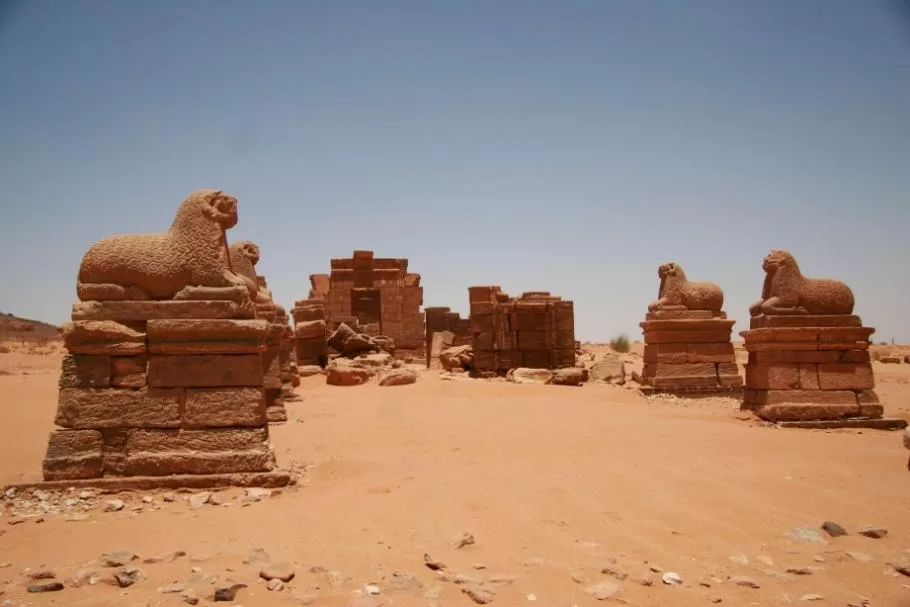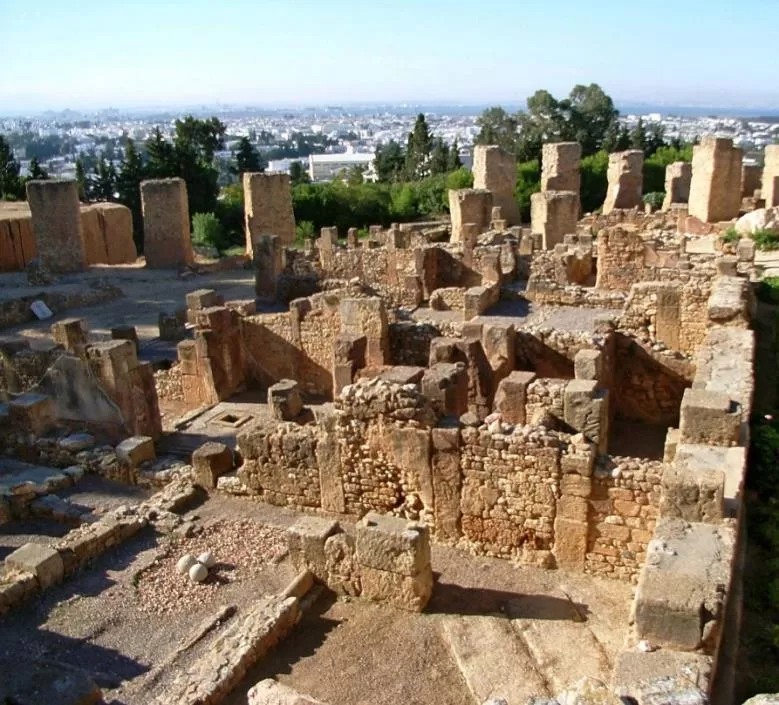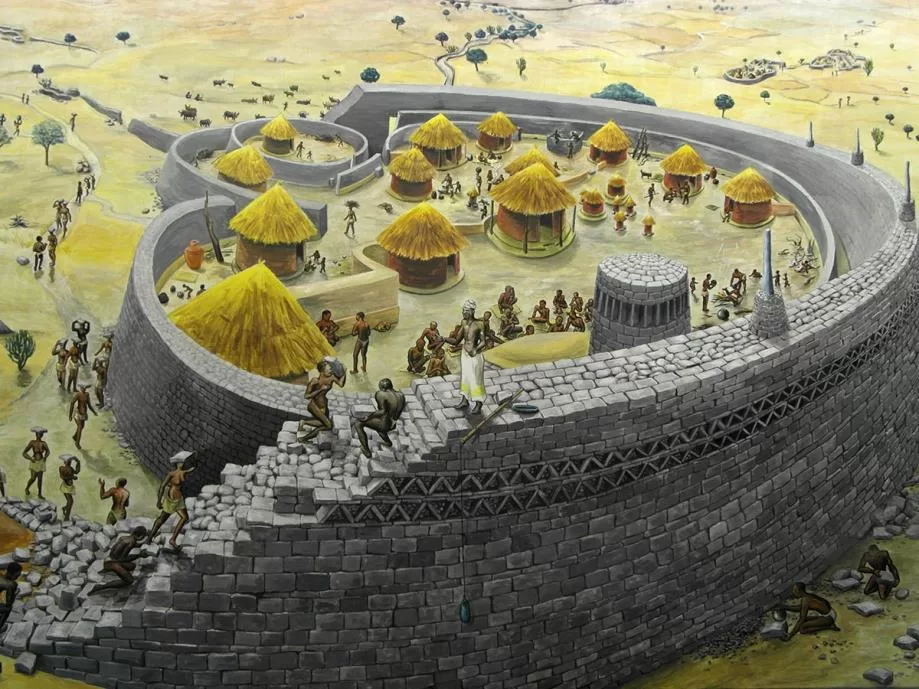
PHOTO | COURTESEY
Africa, one of the oldest continents, is home to many ancient cultures and societies, often regarded as the birthplace of human civilization. These civilizations laid the foundation for various aspects of the modern world, including science, economy, and politics. This article explores some of the major ancient African civilizations.
Ancient Egypt
Among Africa’s earliest civilizations, Ancient Egypt emerged around the 31st century B.C. in the Nile region. Known for its rich history and iconic structures such as the pyramids and the Sphinx, Ancient Egypt was a center of learning and the arts. Egyptians developed hieroglyphic writing and made significant advancements in medicine, mathematics, and astronomy. Their burial practices and strong beliefs in the afterlife continue to fascinate historians and archaeologists.
Nubia

South of Egypt, in present-day Sudan (historically known as Nubia), lay a land rich in resources, particularly gold and other minerals. The Kingdom of Kush, a prominent Nubian state from 2500 BCE to 1500 CE, was renowned for its archery skills, earning them the moniker “The Land of the Bow.” Nubia and Egypt maintained both symbolic and strategic relationships, sometimes ruled by Nubian kings during Egypt’s twenty-fifth dynasty, known as the Kushite dynasty.

Carthage
Founded by Phoenician settlers in present-day Tunisia before 814 BC, Carthage grew into a powerful maritime city-state dominating Mediterranean trade. The Carthaginian-Roman wars, notably involving Hannibal, are pivotal in history. Despite its destruction by Rome in 146 BCE, Carthage remains a symbol of maritime power and innovation.
Kingdom of Axum

The Kingdom of Axum thrived as a trading civilization from 100 CE to 940 CE in modern-day Ethiopia and Eritrea. Axum was a key economic hub on trade routes connecting Rome and India. Known for its impressive stone obelisks, the Axumites embraced Christianity in the early 4th century CE, making Axum one of the earliest Christian states.
Great Zimbabwe

Located in modern-day Zimbabwe, Great Zimbabwe was the heart of a powerful empire in sub-Saharan Africa from the 11th to the 15th century. Known for its impressive stone architecture, particularly the Great Enclosure, it thrived on cattle rearing, farming, and trade. Evidence suggests trade links with China and the Middle East. Despite socio-political challenges, Great Zimbabwe remains a testament to the architectural prowess of its builders.
Legacy and Influence
The legacies of these ancient African civilizations are profound and diverse, contributing significantly to architecture, governance, trade, arts, and religion. The pyramids of Egypt, the wealth of Nubia, Carthage’s maritime achievements, Axum’s Christian legacy, and Great Zimbabwe’s architectural marvels continue to captivate scholars worldwide. These civilizations not only shaped Africa but also influenced global history, offering a perspective often overlooked in Eurocentric narratives.
Understanding these ancient African societies provides insights into their development and the challenges they faced, contributing to the rich tapestry of world history and heritage.







